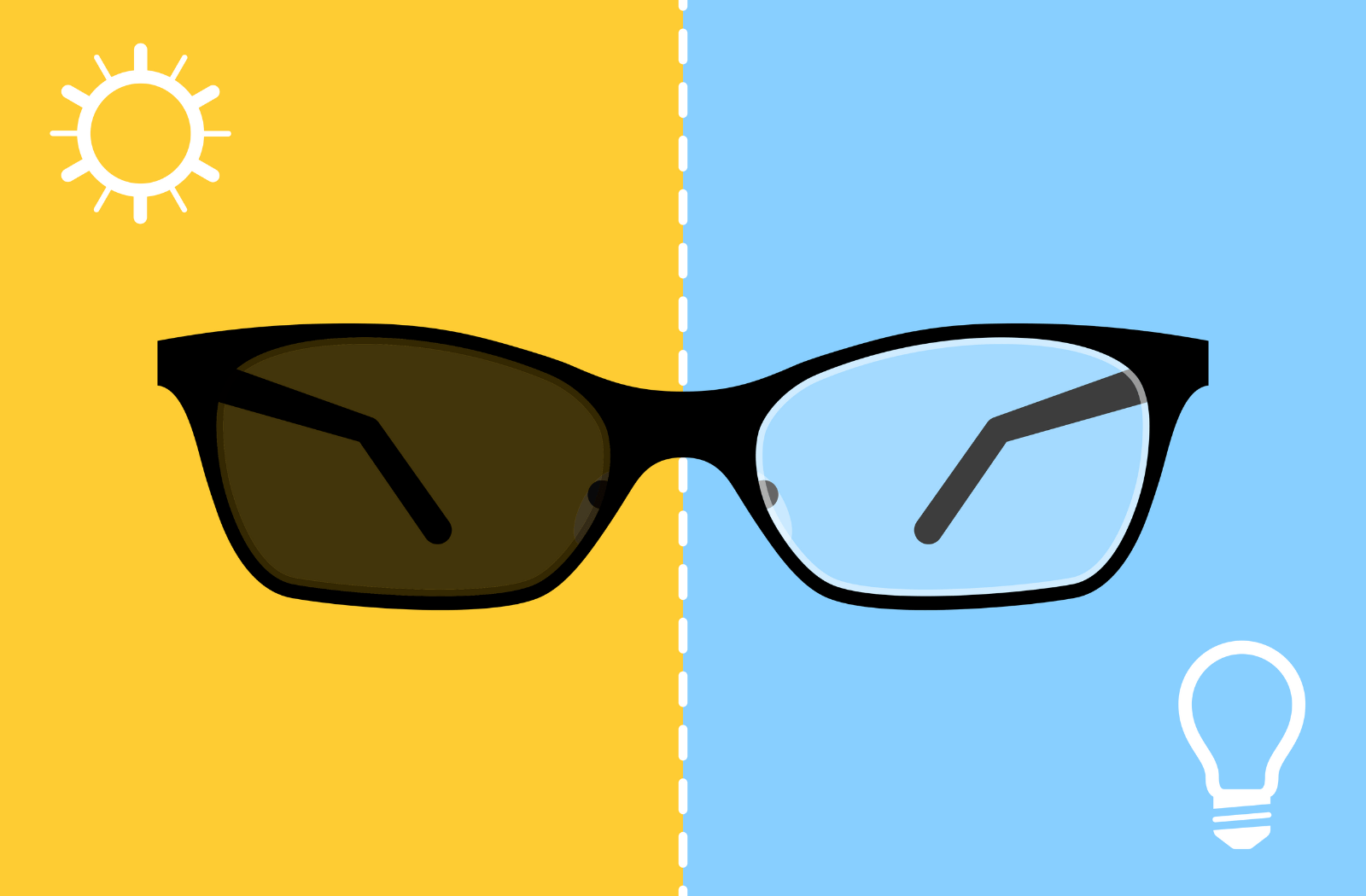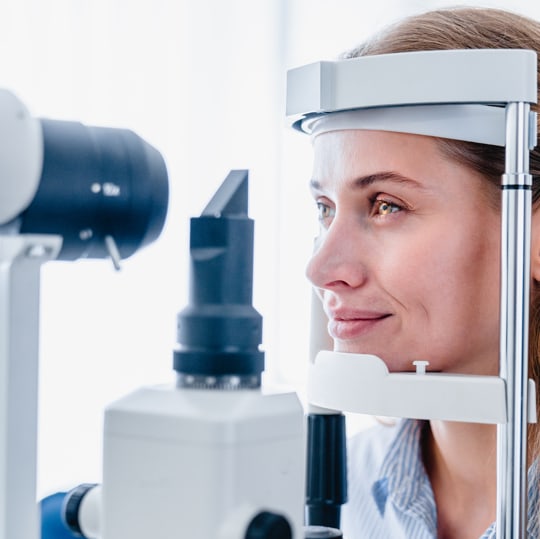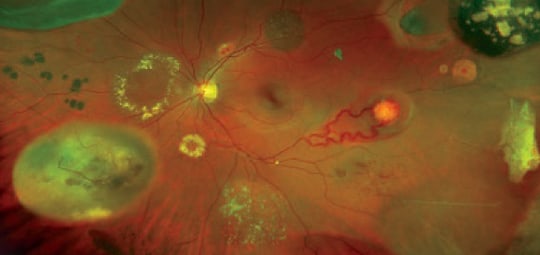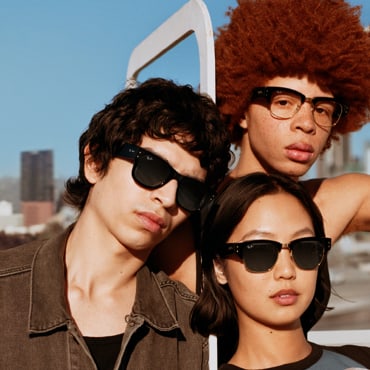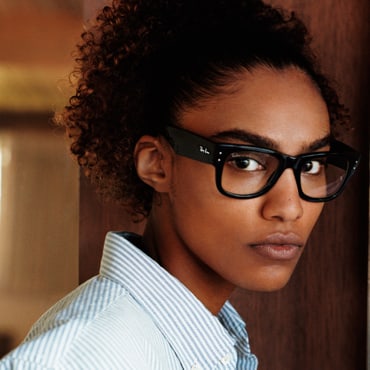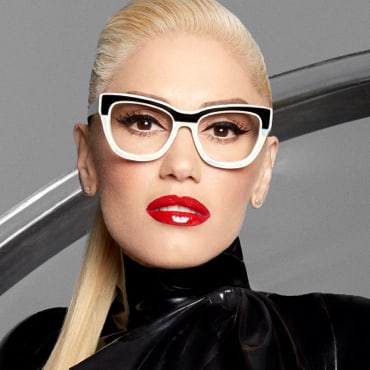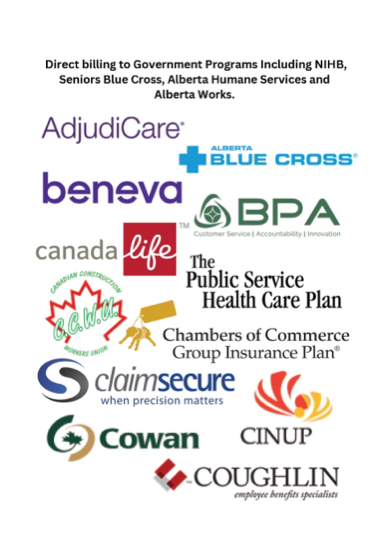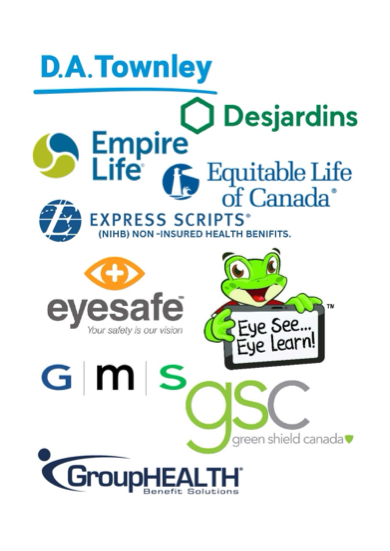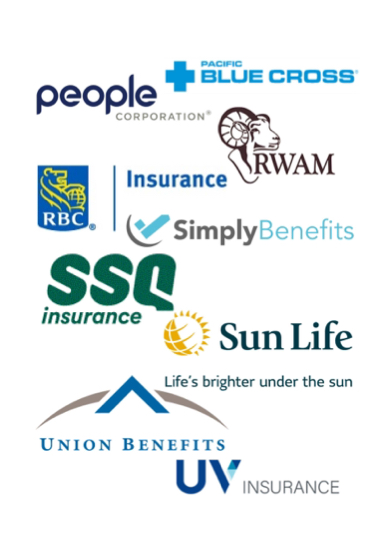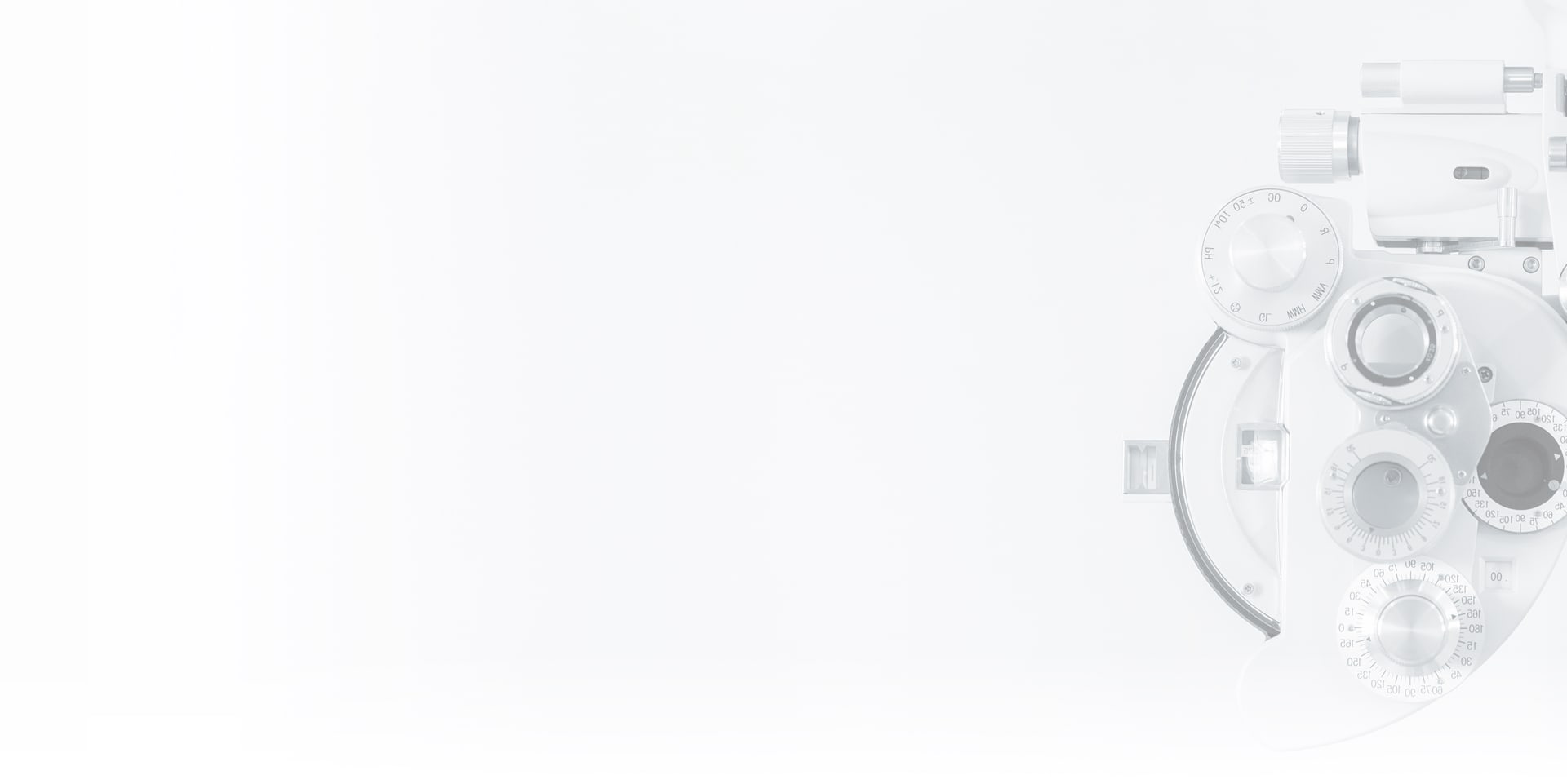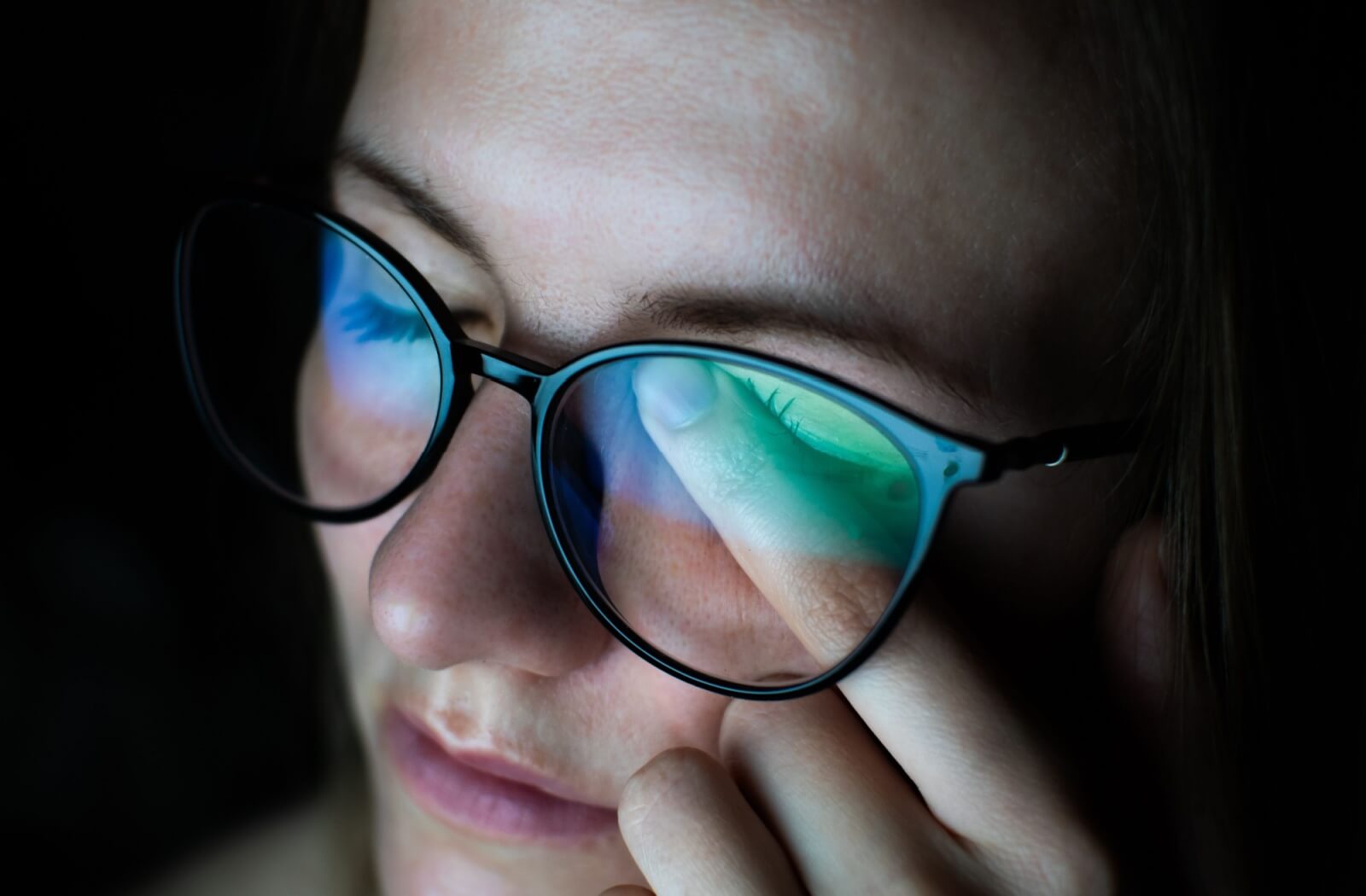There are so many options out there to help us see better. Contact lenses, prescription eyeglasses and sunglasses, and even safety glasses are all viable options depending on your specific needs.
That being said, having multiple pairs of corrective eyewear can be cumbersome. But the more we learn about the potential damage UV radiation can do to our eyes, the more critical it is to ensure we’re using protection when in the sun.
Reducing the need for multiple sets of glasses is where transition lenses can come in and save the day. Let’s look at these lenses and how they can benefit you.
What Are Transition Lenses?
Transition lenses, or photochromic lenses, are made from a unique material that contains molecules that react to UV radiation. They lighten and darken depending on the amount of UV light they’re exposed to.
They have advantages and disadvantages.
Advantages of Transition Lenses
The positives of transition lenses include:
- Cost Savings: Transition lenses reduce the need for multiple pairs of glasses. Even though transition lenses cost a bit more than standard prescription lenses, they’re certainly cheaper than a whole additional pair of glasses.
- UV Protection: Transition lenses provide 100% UV protection while both tinted and clear.
- Variety of Lens Types: Transition lenses come in many lens shapes and styles and can meet the needs of nearly any prescription.
- Coatings Available: Like a regular lens, transition lenses can be coated with additional protections, such as anti-glare or a blue light-blocking finish.
Disadvantages of Transition Lenses
Like anything, transition lenses still have some disadvantages:
- Automatic Darkening: Even on overcast days, your transition lenses will darken, which can make it hard for you to see in low-light conditions.
- Limited Colour Selection: Unlike regular sunglasses that have many colour options, transition lenses typically only come in grey, brown, and green.
- Timing: The change from clear to dark and dark to clear isn’t instant. So, walking outside, you’ll get gradual protection. The same goes for going inside. Temperature can also affect how long the lenses take to adjust and how dark they go.
- Don’t Darken Everywhere: Many vehicle windshields filter UV light, so some transition lenses won’t darken properly inside the car. If you spend a lot of time driving, you may want to go with a pair of prescription sunglasses or consider transition lenses that work in a vehicle with a UV-protecting windshield.
Importance of Protecting Against UV Radiation
There are 3 primary forms of UV light: UVA, UVB, and UVC.
UVC rays are the most dangerous but are absorbed by the atmosphere and pose minimal risk.
About 5% of UV radiation that reaches us is UVB. It’s high energy and can cause sunburns. Almost all the radiation that reaches us is UVA, which penetrates deeper into the skin and contributes to aging. It’s also constant throughout the year.
Both UVA and UVB radiation pose a risk to overall health.
We know that UV radiation can cause skin cancer, but it’s also been linked to several ocular conditions and diseases, including:
- Cancers of the eyelids
- Cataracts
- Pterygium (surfer’s eye)
- Age-related macular degeneration
Do Transition Lenses Have UV Protection?
You may be wondering if transition lenses will protect your eyes against UV light. If they don’t, what’s the point in spending the extra money?
Not all transition lenses are made equal, but they generally do block UVA and UVB light. In most cases, any transition lens you buy from an optometrist or optician will likely offer 100% protection from UV radiation. But it’s still worth asking when discussing your options.
Do Transition Lenses Block Blue Light?
Computers, smartphones, and tablets all emit blue light, but the largest source of blue light is the sun. Although transition lenses are designed to block UV radiation, they also filter blue light emitted by both the sun and digital devices!
Not all transition lenses are efficient at blocking blue light. If you spend a lot of time with digital devices, it may be worth applying a blue light coating to your glasses. If this is something you’re interested in, please ask us for more information on the coatings available to you.
Are Transition Lenses Right for You?
How do you feel about transition lenses? Do they seem like the right option for your vision needs? If you’re considering them, please take a look at our selection of transition lenses. Or, if you have questions, please give us a shout at Eyesis Eyecare Center. Our professional staff is happy to answer all your questions. We’re also happy to book you an appointment so you can try on new frames and discuss your lens options face-to-face.


